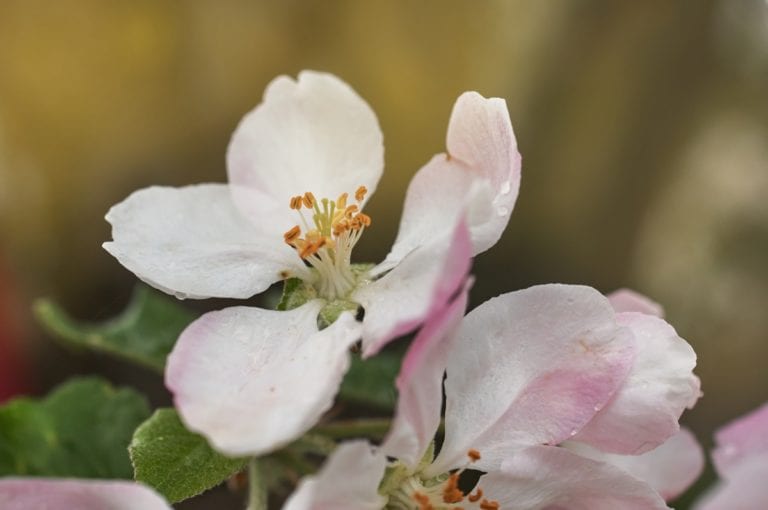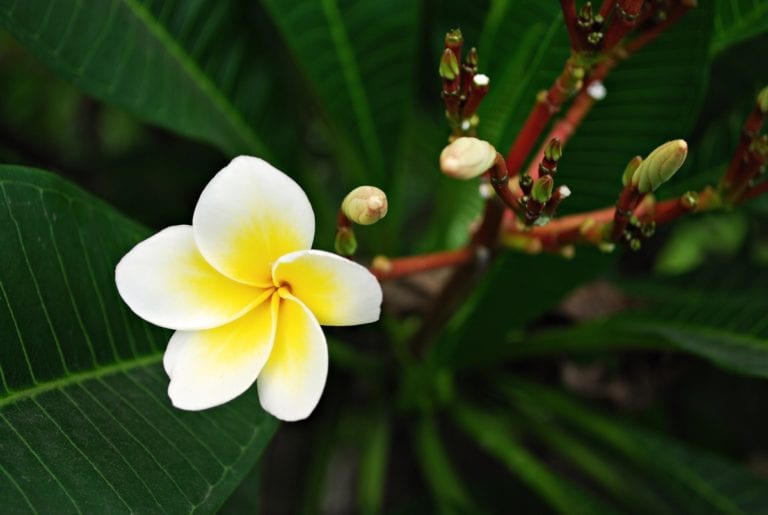Similar Posts

Return to Steadiness – A Guided Meditation
This guided meditation invites you to settle into the core steadiness that is always present, that is never disturbed, and that is a resource you can lean into during challenging times. Using the metaphor of “becoming a mountain”, you have an opportunity to directly experience the qualities of steadiness that can be found in a mountain, experiencing yourself as a mountain. Here’s the YouTube version…

757th Week: Coming Back to Grounding
Recently, I participated in a conversation in front of a large group of people where a colleague and I discussed intersections between Somatic Experiencing® and other body-based approaches and Buddhist practices and concepts. What became the underlying theme for me was to convey to the audience that when we feel activated—under threat or overwhelmed—our perception narrows and we lose sight of the bigger picture. We can see this dynamic all around us at this time, where people on every side of an issue become locked into their perspective and are seemingly unable to take in new information that would widen their understanding of a given stance or situation. Also, we lose sight of all the good that’s happening in the world when we’re overwhelmed by activation.
The discussion went on to underscore the importance of being aware of our own particular activation signals and behaviors, and how essential it is to be able to manage ourselves and bring ourselves back into regulation when we notice that we are activated. I spent some time talking about the difference between the “trauma brain” and the “present-day brain”. The “trauma brain” operates within an either/or, lack-of-options framework, so when we’re activated, it’s difficult to see possibilities that weren’t initially obvious. The “present-day brain” operates within a framework of both/and, along with an ability to imagine a range of options.
Read More “757th Week: Coming Back to Grounding”
906th Week: Gratitude
As I begin this practice in conscious living, it’s 5 degrees outside with a sparkling blue sky and strong wind. I find that I am deeply grateful to be indoors, to have heat, and have no reason to go outdoors on this very cold day. What this brings to mind are all the people who don’t have this choice because they work in jobs that serve the rest of us—in the post office, trash collection, the local Starbuck’s and other businesses, fire fighters and other emergency personnel, bus drivers, subway operators, cab drivers. The list goes on and on and, as I think about them, I am filled with gratitude. I also feel concern for them, as it’s a day when it’s not really safe to be outside.
What this brings to mind is the importance of gratitude. It’s a response that not only nurtures one’s own well-being, but it also orients awareness to the contributions of so many participants in our daily lives. Those contributors may be people, they may be other-than-human companions, they may be offerings from nature—food, water, fresh air.
As I write this, I’m eating a pear. What an amazing gift! I often find myself mystified as to how Nature draws on a dynamic creativity that generates all the amazing life forms on this planet. Ecology at times leaves me speechless with its complexity and fundamental collaborative/cooperative underpinnings, so my gratitude, including amazement, often orients itself to the dynamic creativity and intelligence of this planet’s eco-systems.
Read More “906th Week: Gratitude“
784th Week: Being Part of a Community
I feel very fortunate to have an opportunity to go to Central Park on some days to get exercise and to plop myself down on a bench where I have spent so much time over the years in meditation and contemplation with my tree friends. One of the things that I’ve noticed each time I’m in the park these days is how many people are jogging and walking without wearing masks. This got me to thinking about our participation as members of a community and how we have an ongoing opportunity to take responsibility for our part in supporting everyone around us.
As I pondered the question of why people aren’t wearing masks as they exercise and walk around Central Park, I could only imagine that they haven’t quite registered that we are wearing masks to protect one another. They aren’t really to protect ourselves, since most of us don’t have the kind of mask that will filter out viruses. The reason we are wearing them is because we could unknowingly be carriers of the virus and we are protecting everyone around us.
For this week’s practice, I invite all of us to be aware of our place within our communities. Wherever we live, we are part of a collective and we are responsible for our contributions to our community, however that might be arranged and however small or large those contributions. What I’d like to ask all of us to consider is how are we caring for our community? What practices do we bring to help support and protect those around us? In the building where I live in New York City we have active cases of the Covid virus, so all of us are asked to be sure to wear masks and gloves when interacting with the doormen and concierges in the lobby of this very large building and in the laundry room as a way to protect the people who work here, as well as to protect each other.
Read More “784th Week: Being Part of a Community”